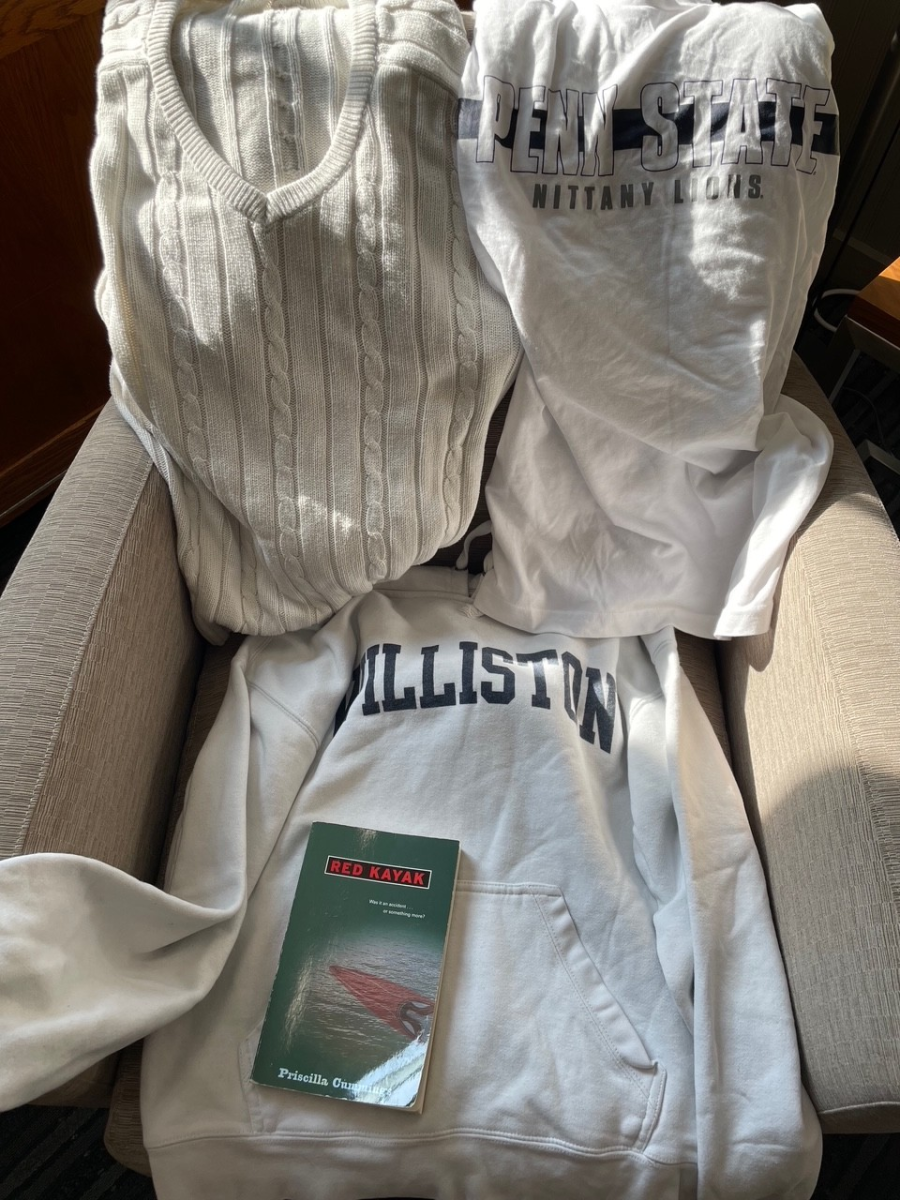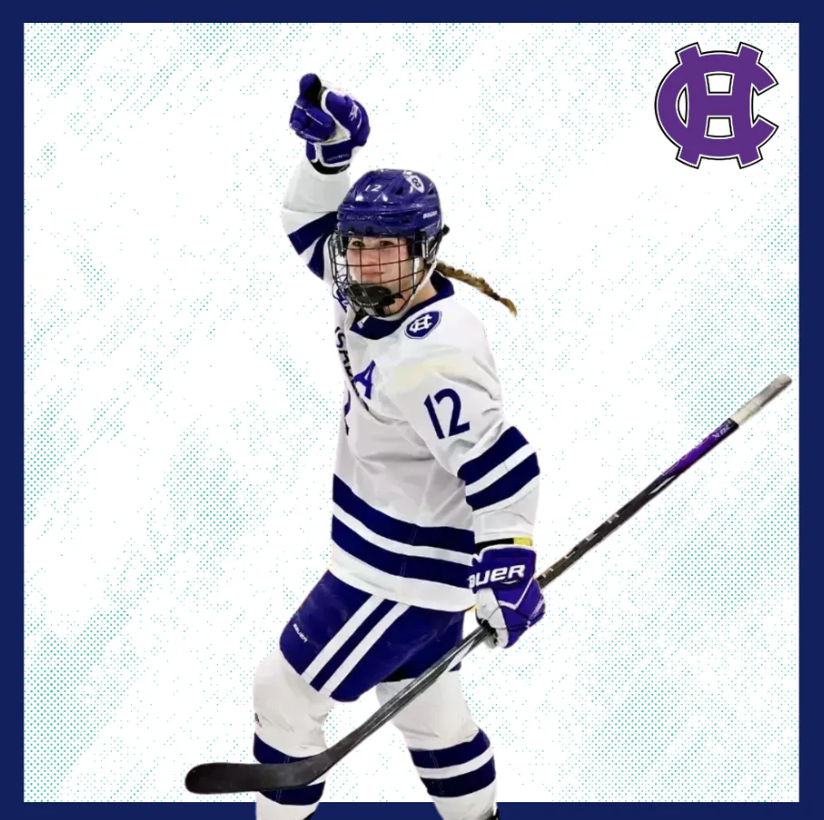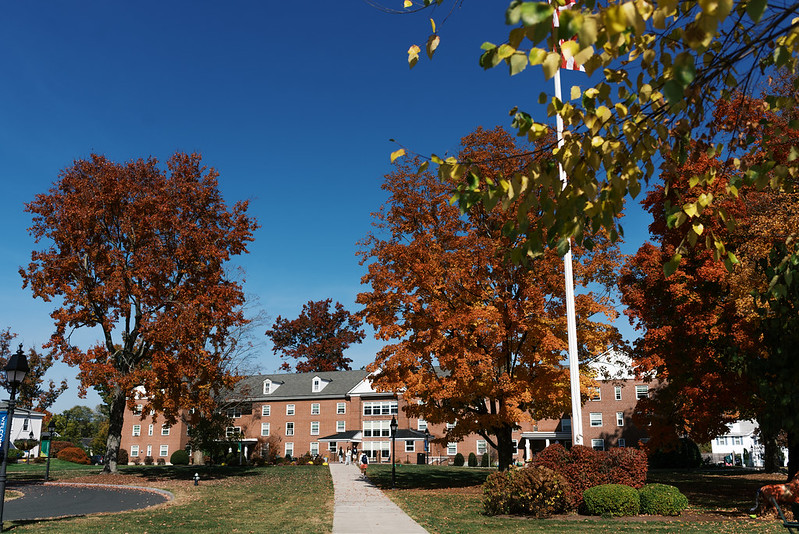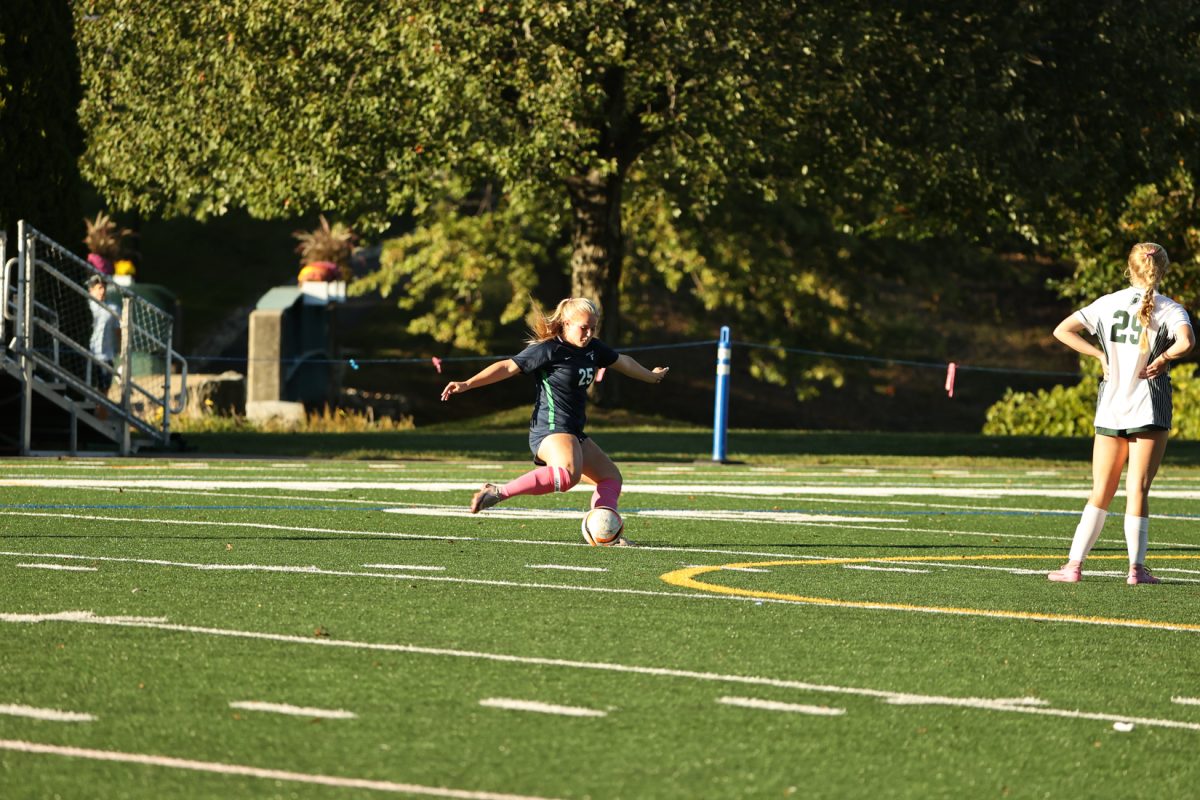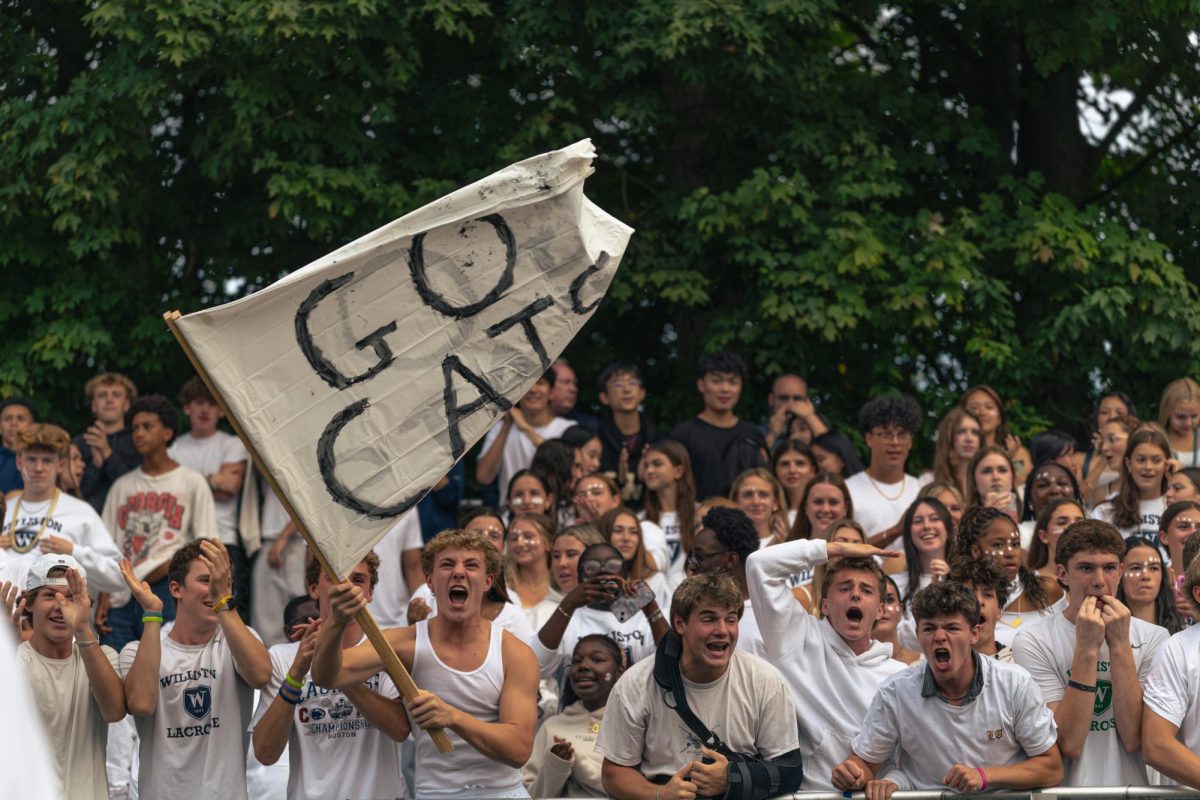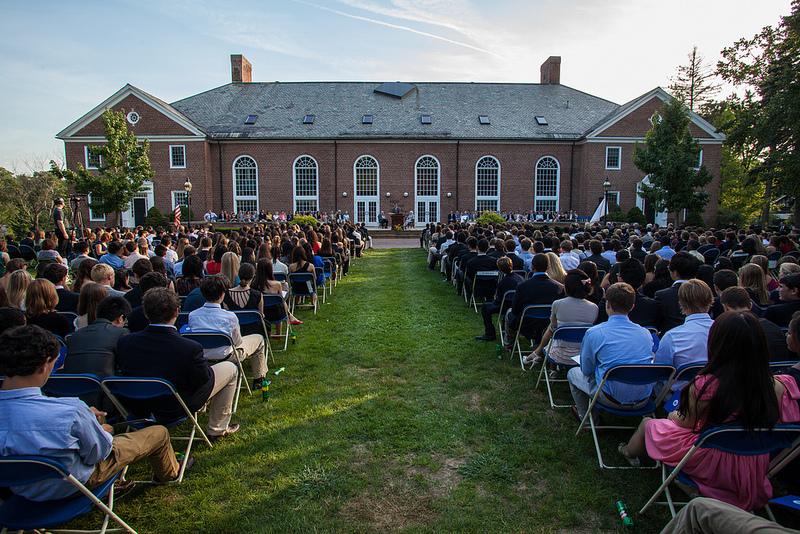by Emma Hing ’13
Early this year it occurred to me that Williston did not have a political club dedicated to educating students about politics, so I decided to start one. With the 2012 presidential election drawing ever closer I felt the need to become more involved, to educate myself about the platforms, the candidates, and the important issues that will be discussed as November 6th approaches. But I did not want to embark on this on my own; I wanted to do it with other students alongside me.
During the Presidential election of 2008, I was in eighth grade. My Civics teacher, Ms. Fulcher, showed us clips of the debates and we all clamored for SNL skits. The night of the election I stayed up late watching the little states on the map turn blue or red, and then I watched as John McCain conceded and Barack Obama took the stage. I felt like I was joining something much larger than myself and it was very exciting. But what did I really know? Not much.
Back then, I couldn’t have explained the Electoral College, I had no idea what a super PAC was, and my strongest impression of the candidates probably came from SNL. I may have enjoyed following the election, but I didn’t meaningfully understand it. This year I’ve been watching the debates and the skits, but I do so with greater knowledge of what they mean.
My goal with the Williston Political Awareness Club is stated plainly in the title: I want to approach politics with a scholarly, unbiased interest and share that process with other students. Sure, we’ve all inherited some kind of affiliation to a political party from our family and friends, but how much do we really know about the politics of our country? Do we know our party’s platforms and the stance they take on issues that will affect our future? If you’re as busy with schoolwork and other activities as I am, the answer is not nearly enough.
I’ve certainly been interested in learning more, but that never really went much further than quick discussions with my parents, and friendly debates over lunch at the cafeteria. The problem for me was that opening up the New York Times and reading the headlines, or watching the news at night, was not captivating. It usually involved a bunch of papers falling down and a good deal of long articles that stretched on without ending.
After a long day of school and then homework on top of that I did not want to spend my time sifting through the vast quantity of information presented in dense prose. I desired an intelligent conversation that I could both learn from, and contribute to.
I wanted to talk with other people my age, other students that had a similar vantage point in the world. That is how the club was born. My goal is not to argue a certain political point of view, but to analyze both sides. I want to open up the club to students who are Republican and Democratic, politically aware and politically clueless, and everyone in between. Some of us are old enough to vote and some of us are not, but all of us are going to be around for a while, and we should know what kind of man our next president is going to be, because he is going to change all our futures.
We hold meetings every Wednesday and open up discussion on multiple topics. The most recent meetings have been focused on the presidential debates, but we have also talked about Affirmative Action, the electoral college, and the ways in which we are biased by virtue of our surroundings and what information we absorb.
The meetings are usually small, but they are engaging and fun, which is just what I intended them to be. After a long dance rehearsal there is nothing better than sitting down with a few friends and having an interesting and entertaining conversation about the world around us.



